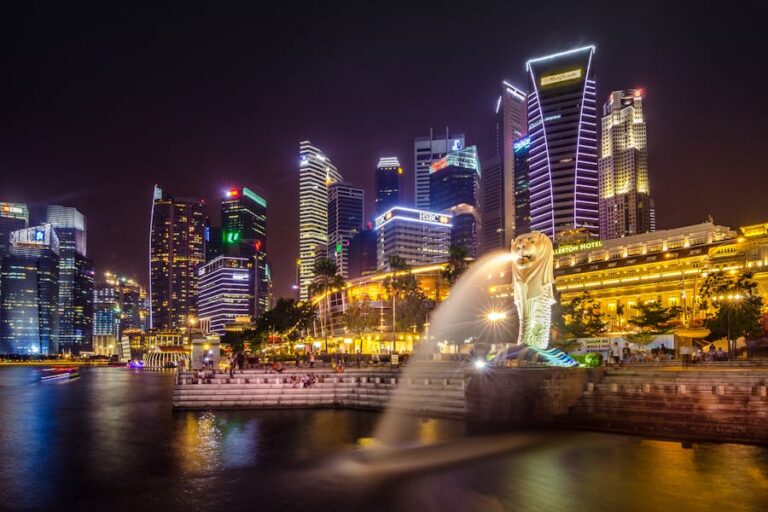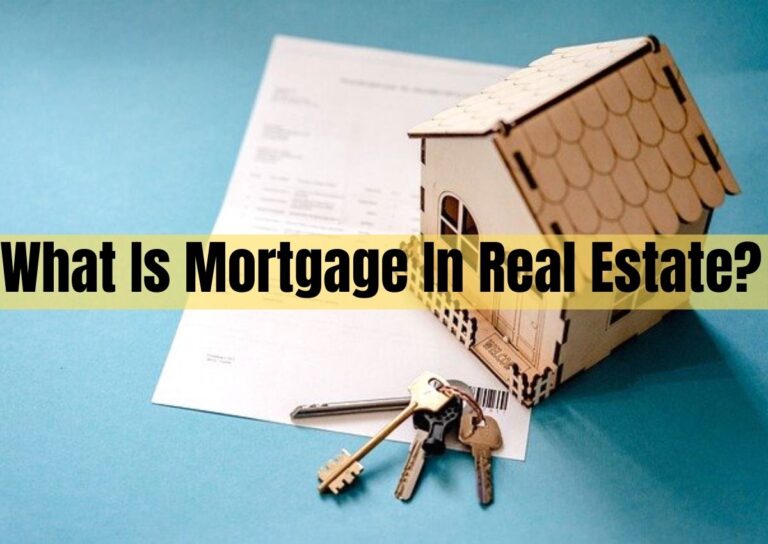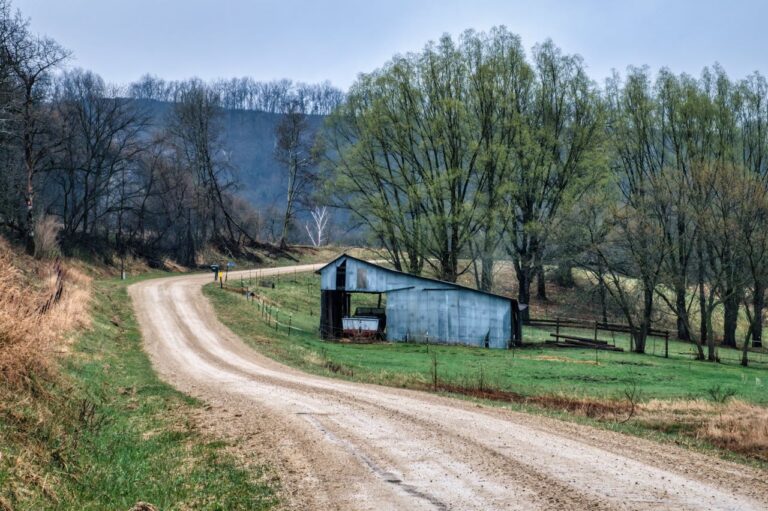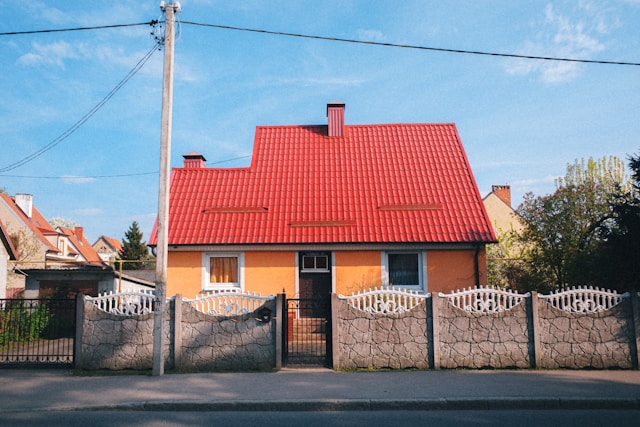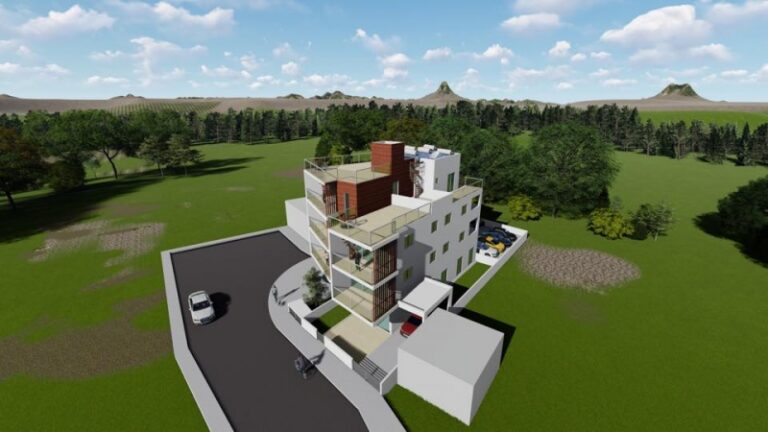Singapore is known worldwide as a reliable place for investors, with a strong economy, clear laws, and straightforward property rules that make buying and owning real estate secure.cz For foreigners looking to diversify their assets in Asia, Singapore’s property market is an attractive option.
However, buying property as a foreigner here comes with its own set of rules, restrictions, and taxes. Understanding these thoroughly is crucial before making any commitment.
Can Foreigners Buy Property in Singapore?
Yes, foreigners are allowed to purchase property in Singapore, but the type of property they can buy is restricted under the Residential Property Act. Generally, foreigners can purchase:
- Private condominiums
- Strata-titled apartments in non-landed developments
- Commercial and industrial properties
However, landed properties such as terrace houses, semi-detached houses, and bungalows require special approval from the Singapore Land Authority (SLA). Approval is usually granted only to foreigners who have made significant economic contributions to Singapore, such as those with Permanent Residency (PR) status for many years or who hold an Employment Pass with exceptional achievements.
If you are considering landed property, be prepared for stringent evaluations and a low chance of approval. Most foreigners thus invest in condominiums or commercial units instead.
Why Invest in Singapore Property?
Several factors make Singapore an ideal property investment destination:
✅ Political and economic stability
✅ Transparent legal system protecting buyers’ rights
✅ Strong rental demand from expatriates and locals
✅ Land scarcity drives long-term capital appreciation
Additionally, Singapore consistently ranks highly in global livability and safety indices, making it a desirable place not just to invest, but also to live in.
Taxes and Stamp Duties for Foreign Buyers
One of the most important considerations when purchasing property as a foreigner in Singapore is the Additional Buyer Stamp Duty (ABSD). Foreign buyers pay the highest ABSD rate among all buyer categories.
Current ABSD Rates (as of 2023)
| Buyer Type | ABSD Rate |
| Singapore Citizens (1st property) | 0% |
| Singapore Citizens (2nd property) | 20% |
| Singapore Citizens (3rd property onwards) | 30% |
| Singapore PR (1st property) | 5% |
| Singapore PR (2nd property onwards) | 30% |
| Foreigners | 60% |
Let’s say an overseas buyer decides to purchase a condo priced at SGD 2 million:
- ABSD (60%): SGD 1.2 million
- Buyer Stamp Duty (BSD): Approximately SGD 64,600
- Total cost: ~SGD 3.26 million
➡️ Calculate your exact Buyer Stamp Duty using this Buyer Stamp Duty Calculator.
These high taxes are designed to maintain housing affordability for Singaporeans and curb speculative foreign investments. However, for high-net-worth individuals seeking stable asset preservation, Singapore property remains attractive despite the tax outlay.
Which Property Options Suit Foreign Buyers Best?
Foreign investors typically focus on:
- Private Condominiums
These are widely available, require no government approval, and are located across Singapore’s prime districts such as Orchard, River Valley, and Marina Bay. They offer facilities like swimming pools, gyms, and security services, making them ideal for renting out to expatriates.
- Commercial Properties
This includes office units, retail shophouses, and industrial units. Commercial properties are not subject to ABSD, which significantly lowers entry costs. However, buyers should conduct thorough due diligence on rental yields and zoning restrictions.
For up-to-date market data, review the URA’s Private Residential Property Price Index, which tracks historical prices and trends by region and property type.
Financing Options for Foreigners
Foreigners can obtain property loans from Singapore banks, subject to stricter requirements. Some key considerations:
- Loan-to-Value (LTV) Ratio: Typically capped at 75% or lower, depending on your financial profile.
- Interest Rates: Similar to local rates, ranging between 3.2%–4.5% per annum as of mid-2025, but subject to change.
- Income Proofs: Banks will require extensive income documents, tax assessments, and overseas credit checks.
- Currency Risks: Foreign buyers should factor in currency exchange fluctuations if their income is not SGD-based.
Mortgage brokers can help compare rates across banks to secure optimal packages.
The Buying Process Step-by-Step
Here is a simplified overview of how foreigners purchase property in Singapore:
- Research and shortlist properties based on your budget and investment goals.
- Engage a licensed property agent experienced in foreign transactions for smoother navigation of legal and tax complexities.
- Secure an In-Principle Approval (IPA) from your bank to determine your financing limit before making an offer.
- Negotiate and obtain the Option to Purchase (OTP) by paying a booking fee (usually 1% of property price).
- Exercise the OTP within the stipulated timeframe (usually 2–3 weeks) by paying an additional deposit (4%).
- Pay BSD and ABSD within 14 days of exercising the OTP.
- Complete legal conveyancing with your appointed lawyer, who will conduct due diligence and liaise with the bank and seller’s lawyer.
- Ownership is usually handed over about 8 to 12 weeks after the Option to Purchase is signed.
Key Legal Considerations
- Taxes must be paid promptly to avoid penalties.
- Ensure no existing encumbrances or caveats on the property before purchase.
- Understand tenancy agreements if buying a tenanted unit, as existing leases remain valid post-sale.
Economic Outlook for Singapore’s Property Market
According to the IMF’s overview of Singapore’s financial sector, the country maintains strong fiscal discipline, low corruption, and prudent monetary policies, which underpin a resilient property market even during global volatility.
Final Thoughts
Foreign investors are still drawn to Singapore real estate because it offers steady returns, good rental income, and a safe way to protect their wealth. However, the high ABSD and strict financing rules mean that only well-planned investments will yield satisfactory returns. Always consult with mortgage advisors, tax consultants, and legal professionals to ensure a compliant and profitable property purchase.
Invest wisely – Singapore’s doors are open, but it pays to understand the rules before stepping in.


